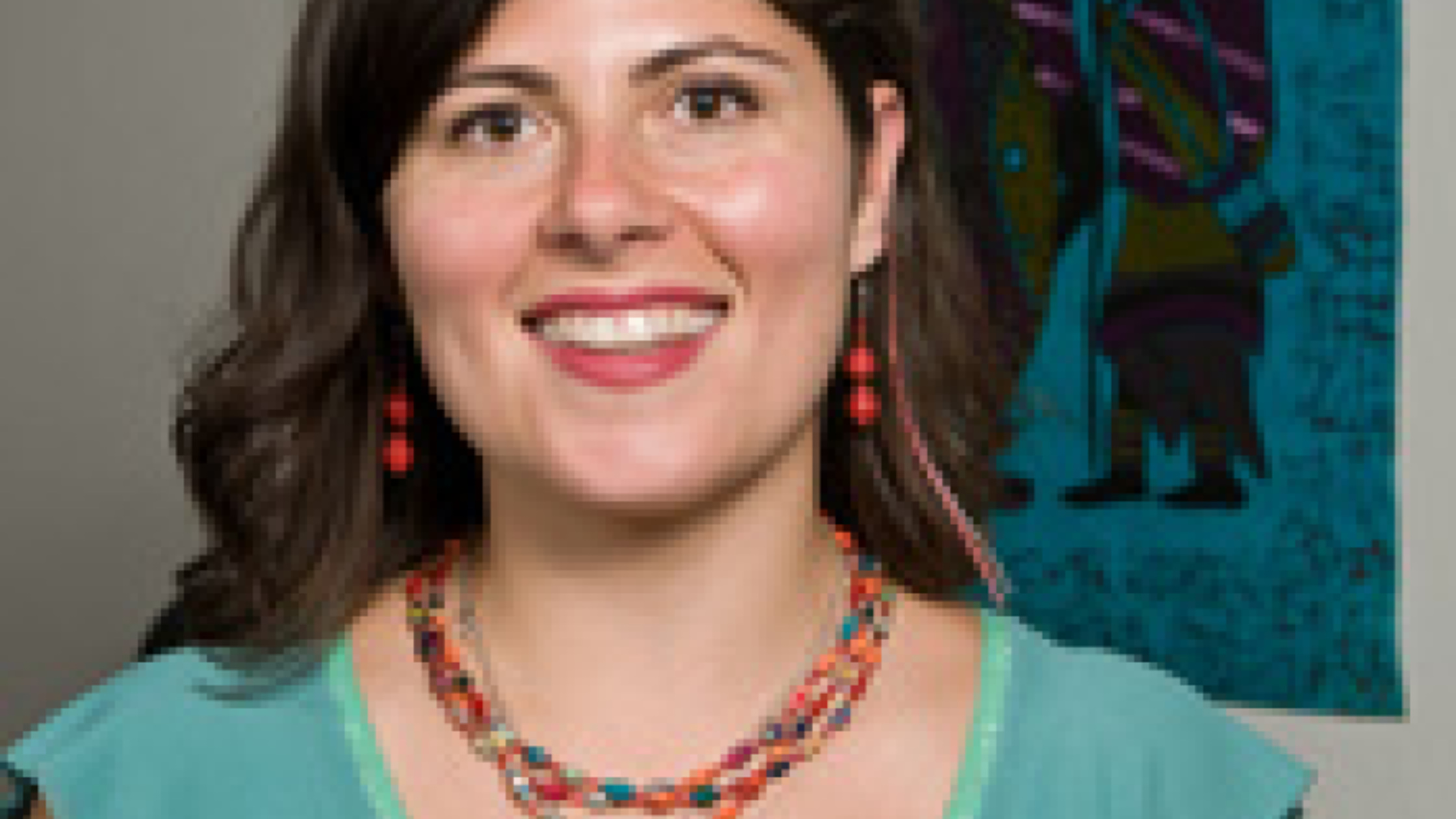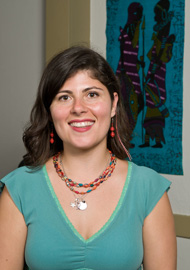Arboviruses and Sandwiches: April’s Lunch & Learn with Dr LaBeaud
Kathleen Luschek, PLOS staff member, shares April’s Lunch & Learn with Dr Desiree LaBeaud, as part of an ongoing program to further dialogue between PLOS and the broader open community.
On April 11, 2014, the PLOS head office in San Francisco hosted our fourth Lunch & Learn of the year. This month’s speaker was Dr. Desiree LaBeaud, a research scientist at Children’s Hospital Oakland Research Institute, who also serves as Deputy Editor for PLOS Neglected Tropical Diseases. Dr. LaBeaud spoke about her research on arboviruses, specifically Rift Valley fever virus, chikungunya, and dengue. While most of Dr. LaBeaud’s work takes place in Kenya, she spoke about the recent (within the last 20 years) resurgence of outbreaks around the world; she described the dramatic increase not only in geographic distribution, but also in scale and types, with one cause being globalization and increased air travel. She explained that despite the spread of these mosquito-borne viruses into the developed world, they are still very much Neglected Tropical Diseases. As with other NTDs, both socioeconomic status and lasting effects are important, and while there are mosquito vectors here in the U.S., the largest outbreaks continue to occur in developing nations, particularly across Africa. (For more on Dr. LaBeaud’s views on why arboviruses belong on the list of NTDs, see her Viewpoint here.)
Dr. LaBeaud went on to explain why these viruses can be difficult to test for (similar symptoms across several types of viruses; new, unknown viruses showing up in samples) and the long-term consequences of arboviral disease, which are not always reported. After an overview of these arboviruses and their impact on the global community, Dr. LaBeaud stressed that prevention is really the best answer. It is much easier to vaccinate and instill preventative measures than to attempt to control an outbreak. Near the end of her presentation, Dr. LaBeaud touched a bit on her work with PLOS NTDs, stating that she enjoys her role here as an Editor and author, but mostly she values the fact that PLOS gives her a voice, particularly when it comes to discussing priorities for research funding. For a more in-depth look at science funding for NTDs, see her Editorial from 2013 here, as well as her response to the U.S. government’s drastic cut in funding for the Division of Vector-Borne Infectious Diseases program of the Centers for Disease Control and Prevention for 2011.
We were thrilled to host Dr. LaBeaud and thoroughly enjoyed her passion, energy, and humor with which she spoke of her work. This was the first time we had a scientist as a presenter in our Lunch & Learn series, but we hope to hear from more in the future!
A special thanks to Jeri Marie Wright, Publications Manager of PLOS NTDs, for her recommendation and introduction of Dr. LaBeaud.
For Dr. LaBeaud’s presentation please click: LaBeaud Slides plus Audio and her slides are available here: PLOS Talk Arbos

